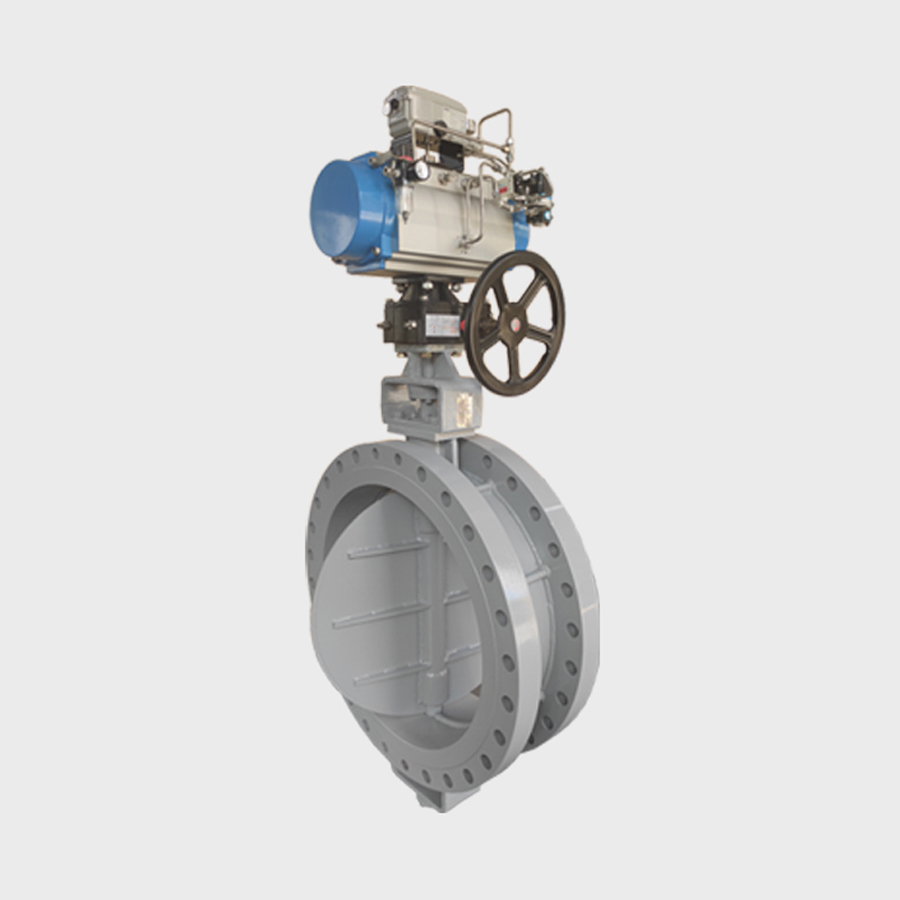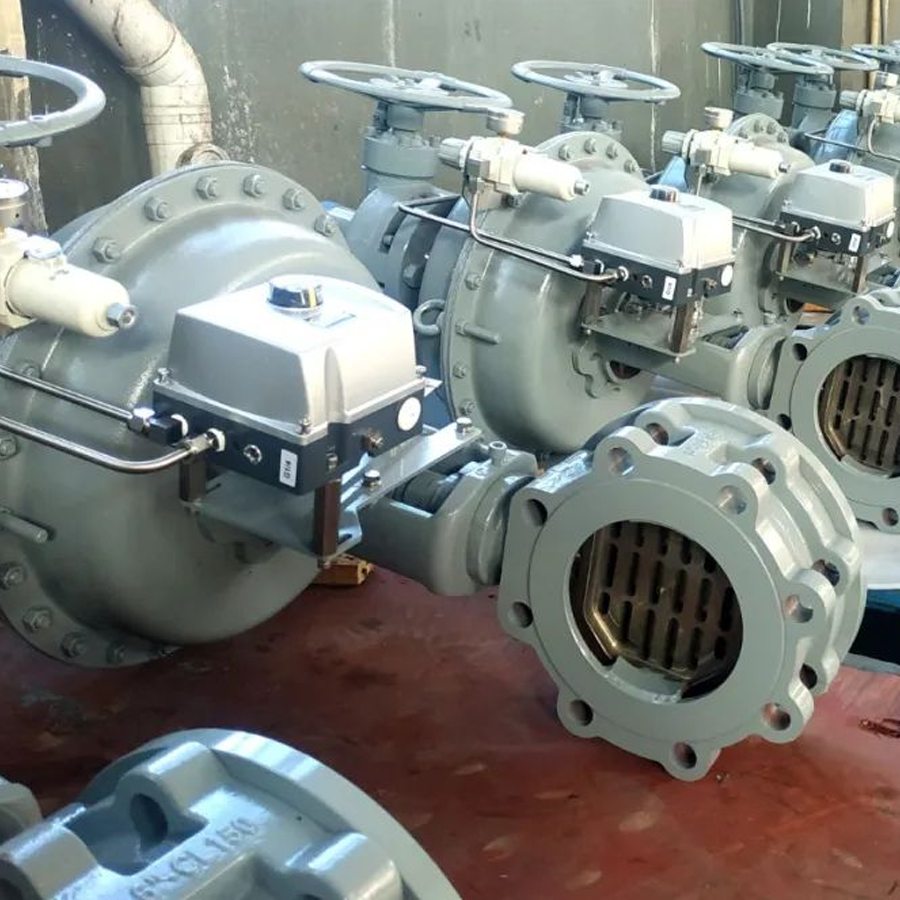重庆川武电动自控阀作为工业自动化领域的重要组成部分,具有品质保证和价格公道的特点。在不同行业中广泛应用,发挥着重要作用。
首先,在化工领域,自控阀的应用尤为普遍。化工生产过程中涉及到多种介质和工艺条件,需要自控阀准确控制流量、压力、温度等参数,确保生产的稳定和*。川武电动自控阀通过多种驱动方式实现对阀门的自动调节和控制,从而保证化工过程的顺利进行。
其次,在电力领域,自控阀在火力发电厂等发电系统中发挥着重要作用。通过调整自控阀的开度,可以有效控制锅炉的运行状态,确保发电效率和*。此外,自控阀还用于控制发电机组的冷却水系统、润滑油系统等,保证机组的正常运行和维护。
此外,在医药领域,自控阀的应用也越来越广泛。在药品合成和生物制品发酵过程中,自控阀对进料量、出料量以及内部搅拌速率进行精细调控,保持理想的工艺条件,保证药品质量和*性。
然后,在城市排水与燃气系统中,自控阀同样不可或缺。自动控制排水阀门可以优化排水效率,保证排水系统的稳定性和连续性。在燃气系统中,自控阀用于控制燃气流量和压力,确保燃气的*供应和使用。
综上所述,重庆川武电动自控阀在化工、电力、医药、城市排水与燃气等多个领域中发挥着重要作用。其品质保证和价格公道,为工业生产带来了便利和效益。随着工业自动化的发展,自控阀的应用领域将进一步拓宽,为更多行业带来革命性的变革。Heavy-duty electric control valve in Chongqing Chuanwu guarantees quality and fair price
As a key component in the field of industrial automation, the application of control valves is wide-ranging and powerful. In modern industrial production, control valves play a crucial role in various fields with their high degree of automation and intelligence. This article will provide a detailed introduction to the application areas of control valves to demonstrate their practical applications and value in different industries.
In the chemical industry, the application of control valves is particularly common. Due to the involvement of multiple media and process conditions in chemical production, control valves are required to accurately control parameters such as flow, pressure, and temperature. Control valves achieve automatic adjustment and control of valves through electric, pneumatic, hydraulic, or electromagnetic driving, ensuring the stability and safety of chemical production. For example, in the control of feed in and out of a reactor, control valves can accurately control the flow rate and speed of feed in and out, ensuring the smooth progress of the reaction process. In the application of steam control valves, the effective control of steam flow and pressure is achieved by adjusting the valve opening, ensuring accurate control of the chemical process.
In the power industry, control valves also play an important role. Especially in power plants such as thermal power plants, control valves are widely used to control the water level and steam flow of boilers. By adjusting the opening of the control valve, effective control of the boiler operating state can be achieved, ensuring the efficiency and safety of power generation. In addition, control valves are also used to control the cooling water system and lubricating oil system of generator units, ensuring the normal operation and maintenance of the units.
In the pharmaceutical industry, the application of control valves is increasingly widespread. In the synthesis of pharmaceuticals and the fermentation of bioproducts, control valves finely regulate the feed rate, discharge rate, and internal stirring rate to maintain ideal process conditions. In addition, in clean room environment control and material transfer and metering, control valves also play an important role. The accurate control and stability of control valves are of great significance in ensuring the quality and safety of pharmaceuticals.
In urban sewage and gas systems, the application of control valves is also indispensable. Automatic control drain valves can optimize drainage efficiency through real-time monitoring and control, ensuring the stability and continuity of drainage systems. At the same time, control valves can reduce operating costs and improve safety. In gas systems, control valves are used to control gas flow and pressure, ensuring the safe supply and use of gas.
In summary, control valves play an important role in the chemical, power, pharmaceutical, urban sewage, and gas industries. Their high degree of automation and intelligence bring great convenience and benefits to industrial production. With the continuous development of industrial automation, the application areas of control valves will be further expanded, bringing revolutionary changes to more industries.





 川武仪表密封调节蝶阀重庆本地厂家
川武仪表密封调节蝶阀重庆本地厂家
 重庆X70系列滑板切断阀-川武仪表厂
重庆X70系列滑板切断阀-川武仪表厂



 川武仪表调节阀批发市场火热,重庆
川武仪表调节阀批发市场火热,重庆







